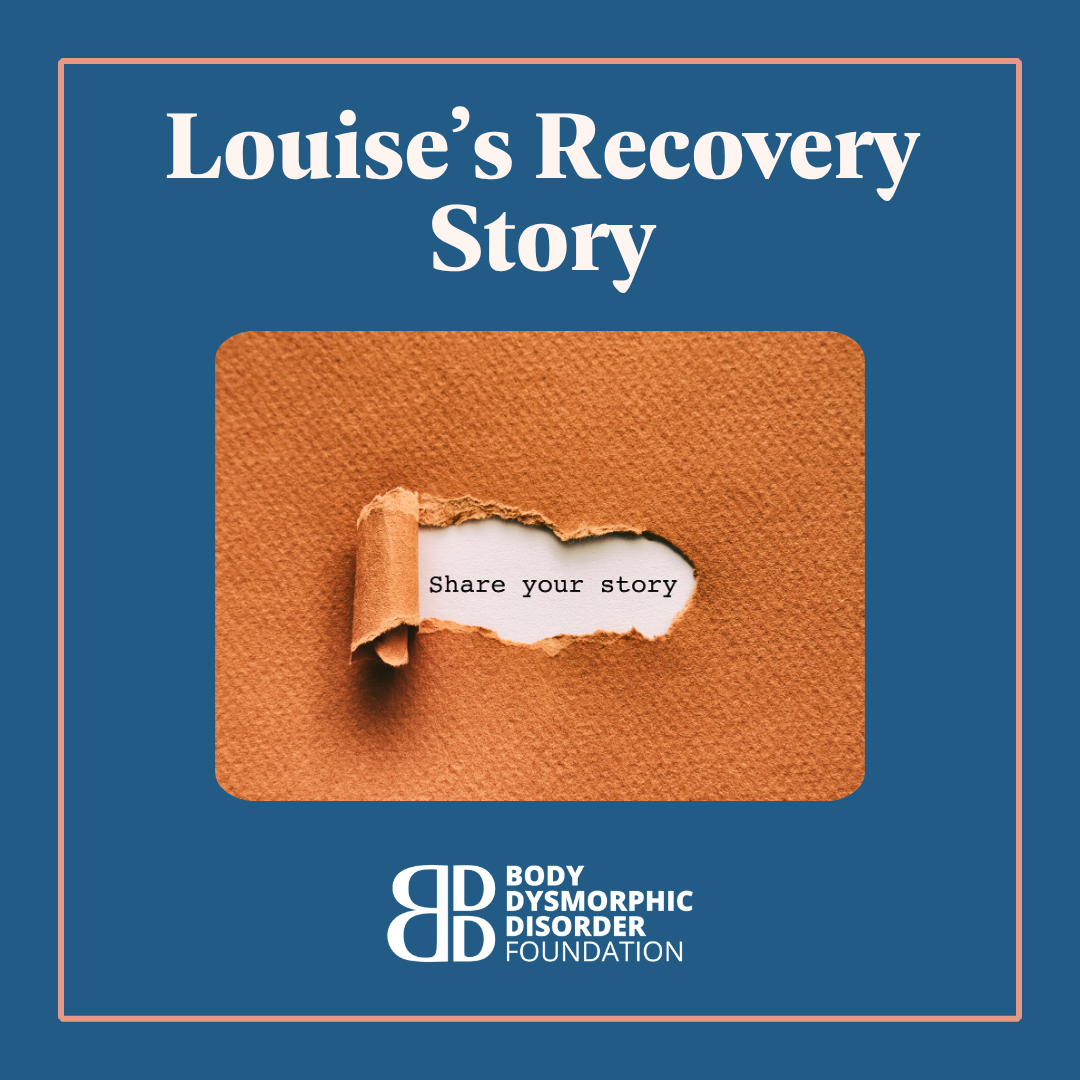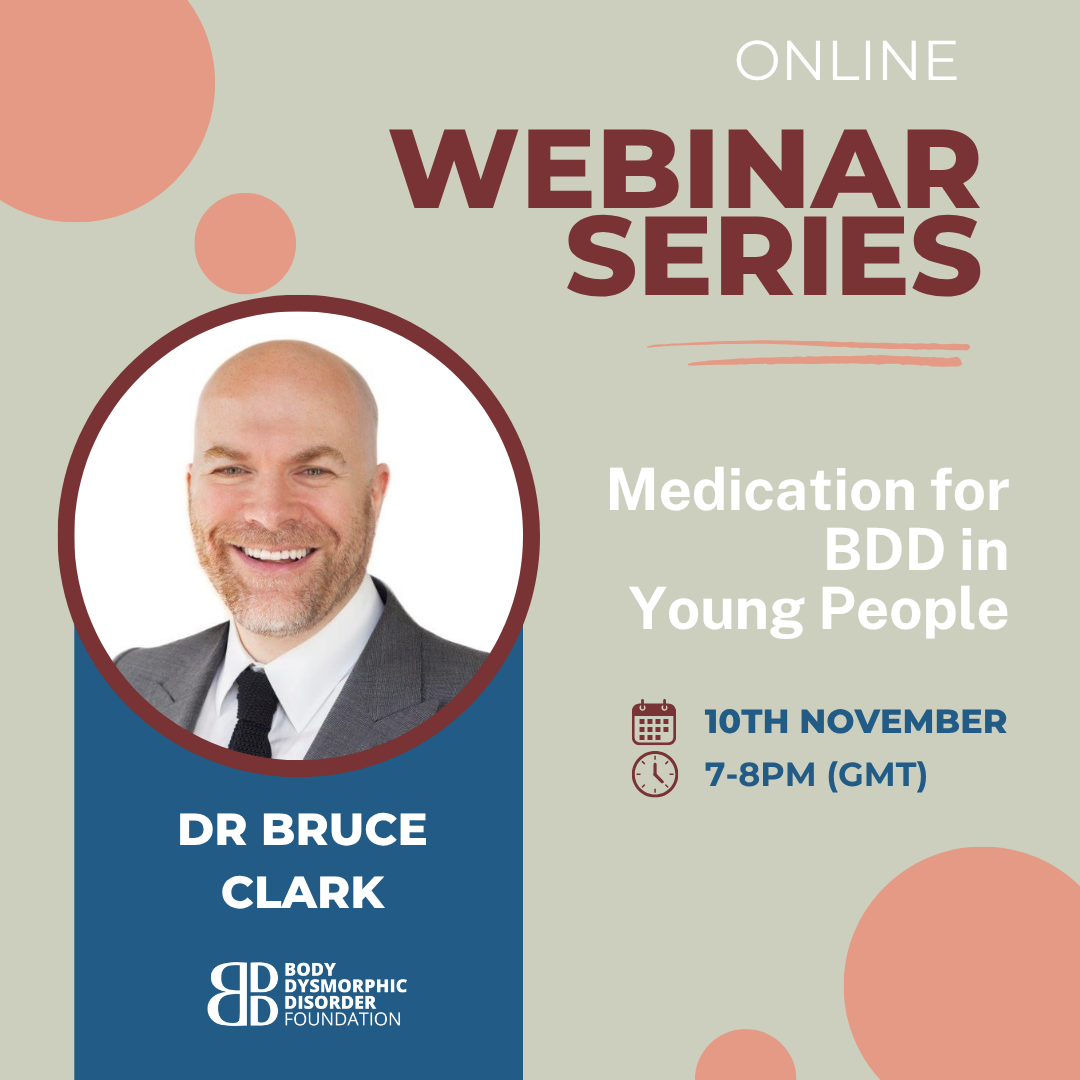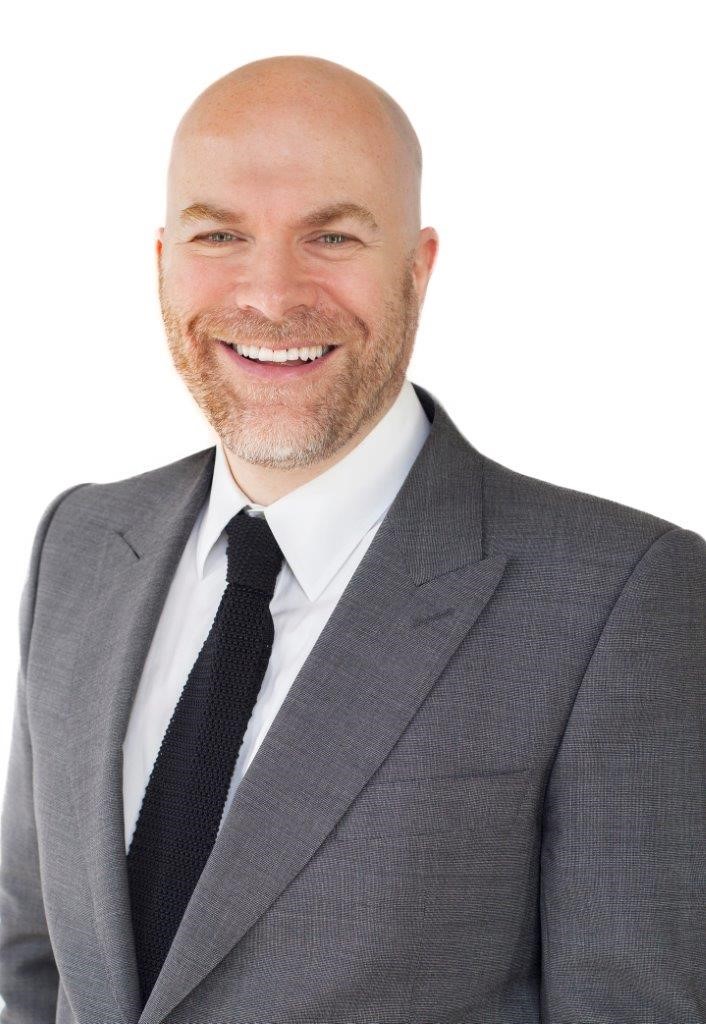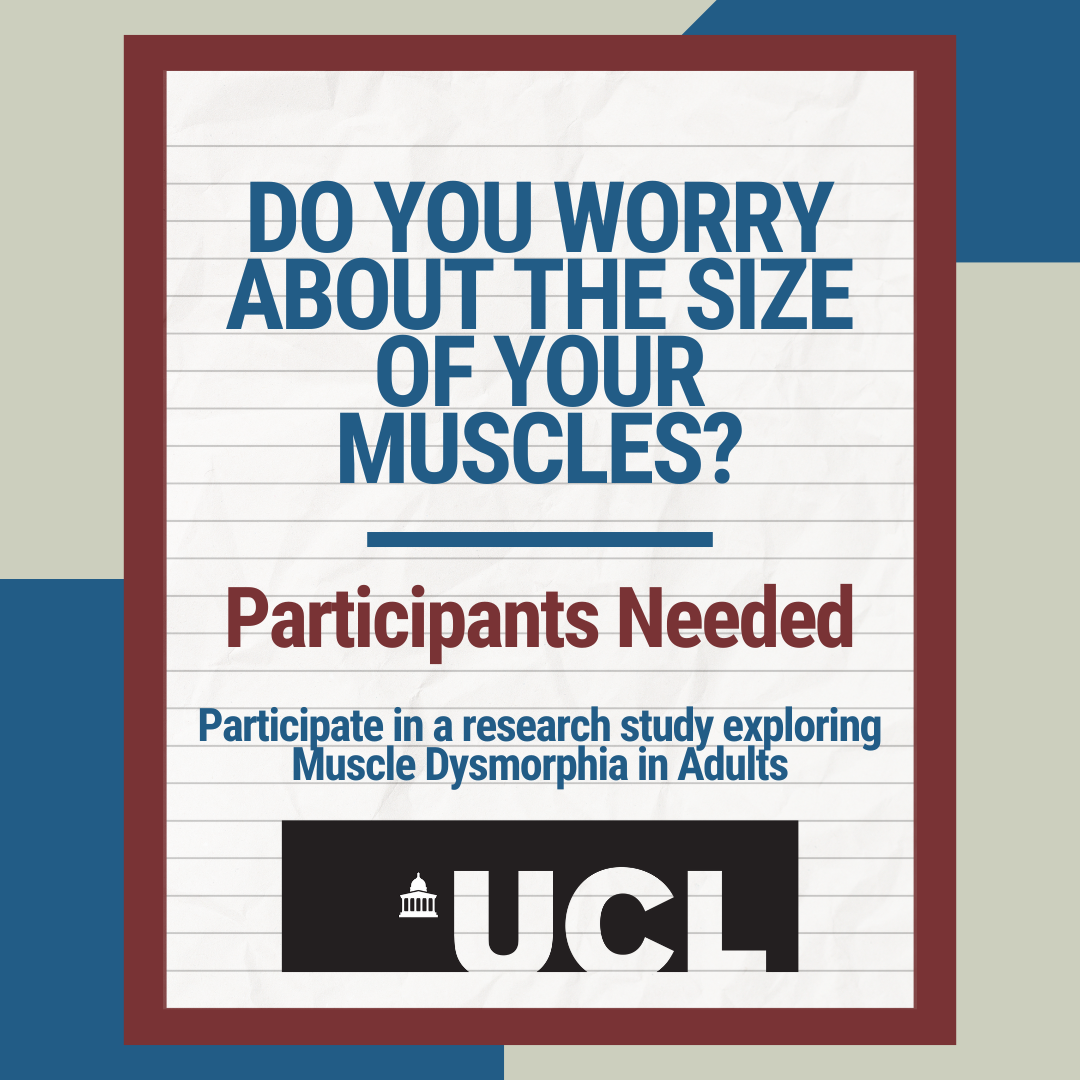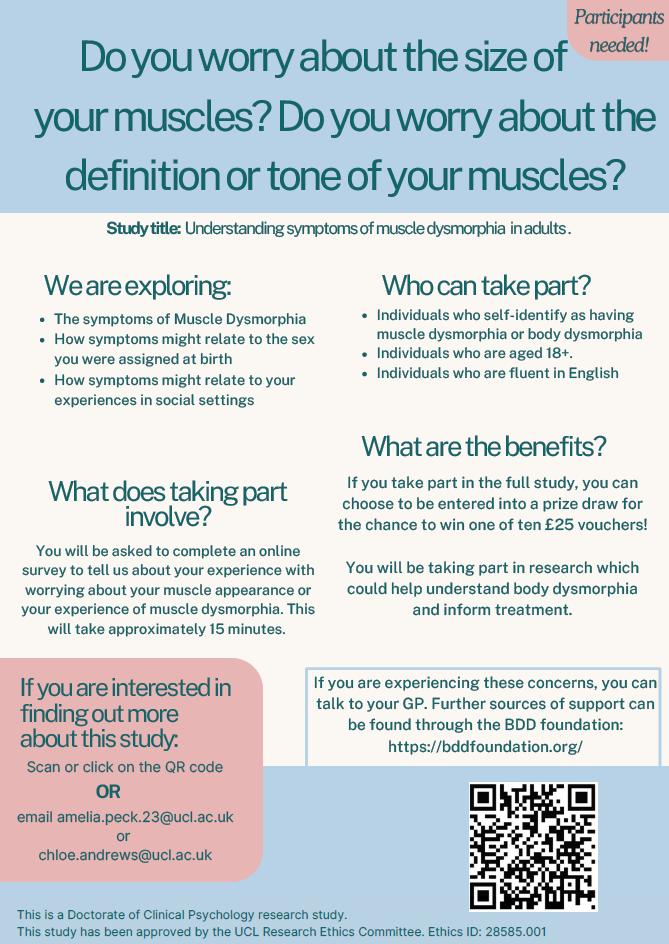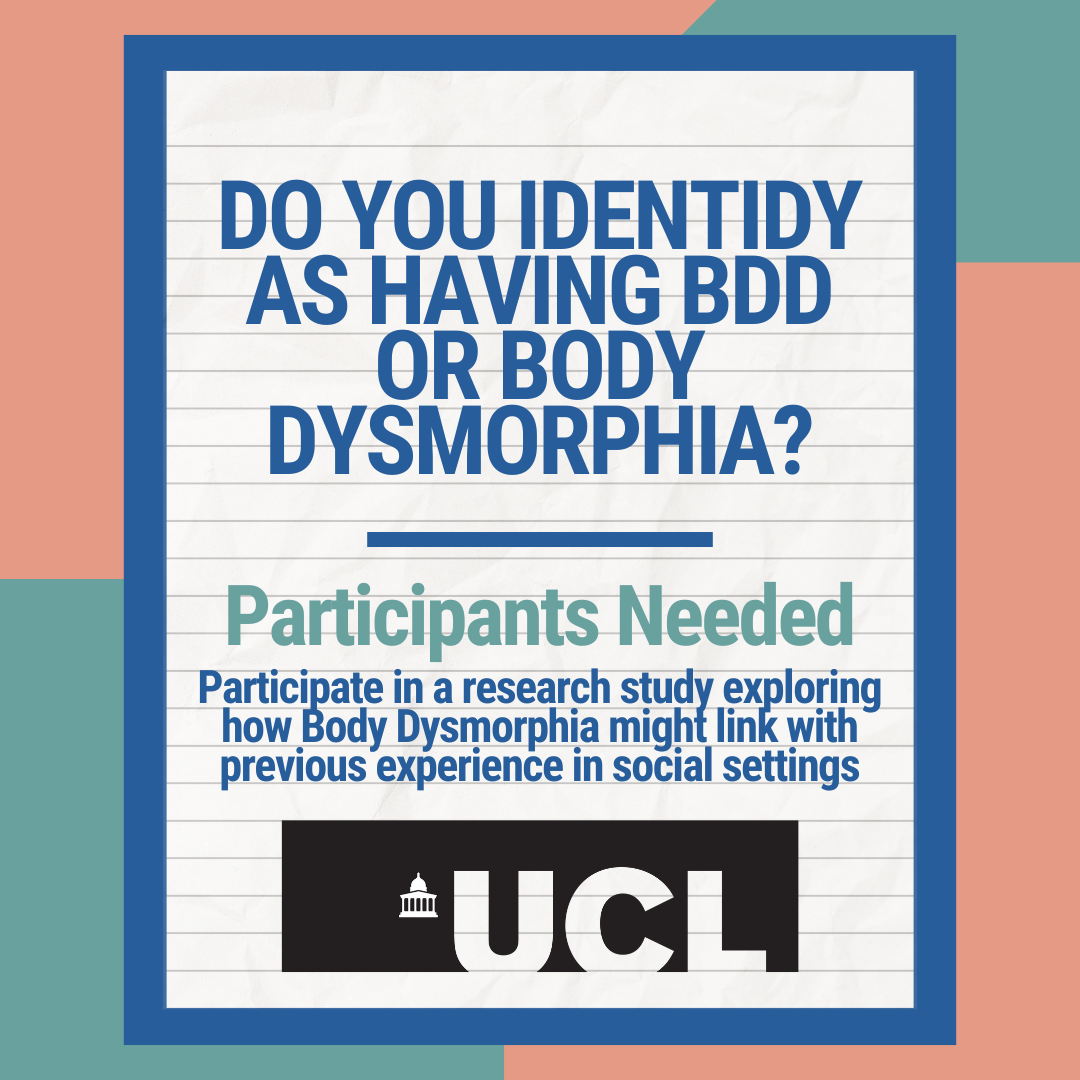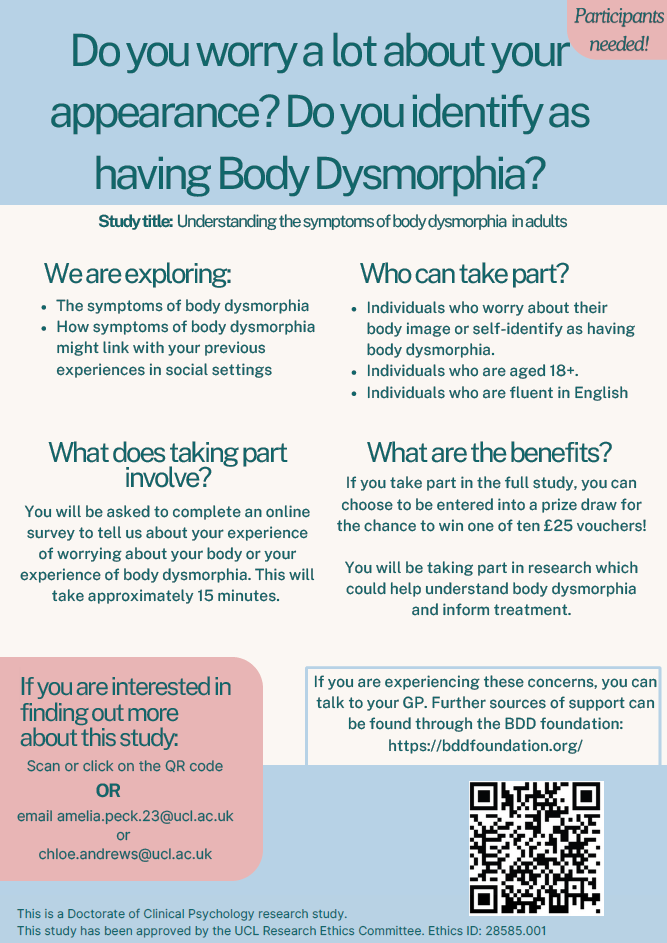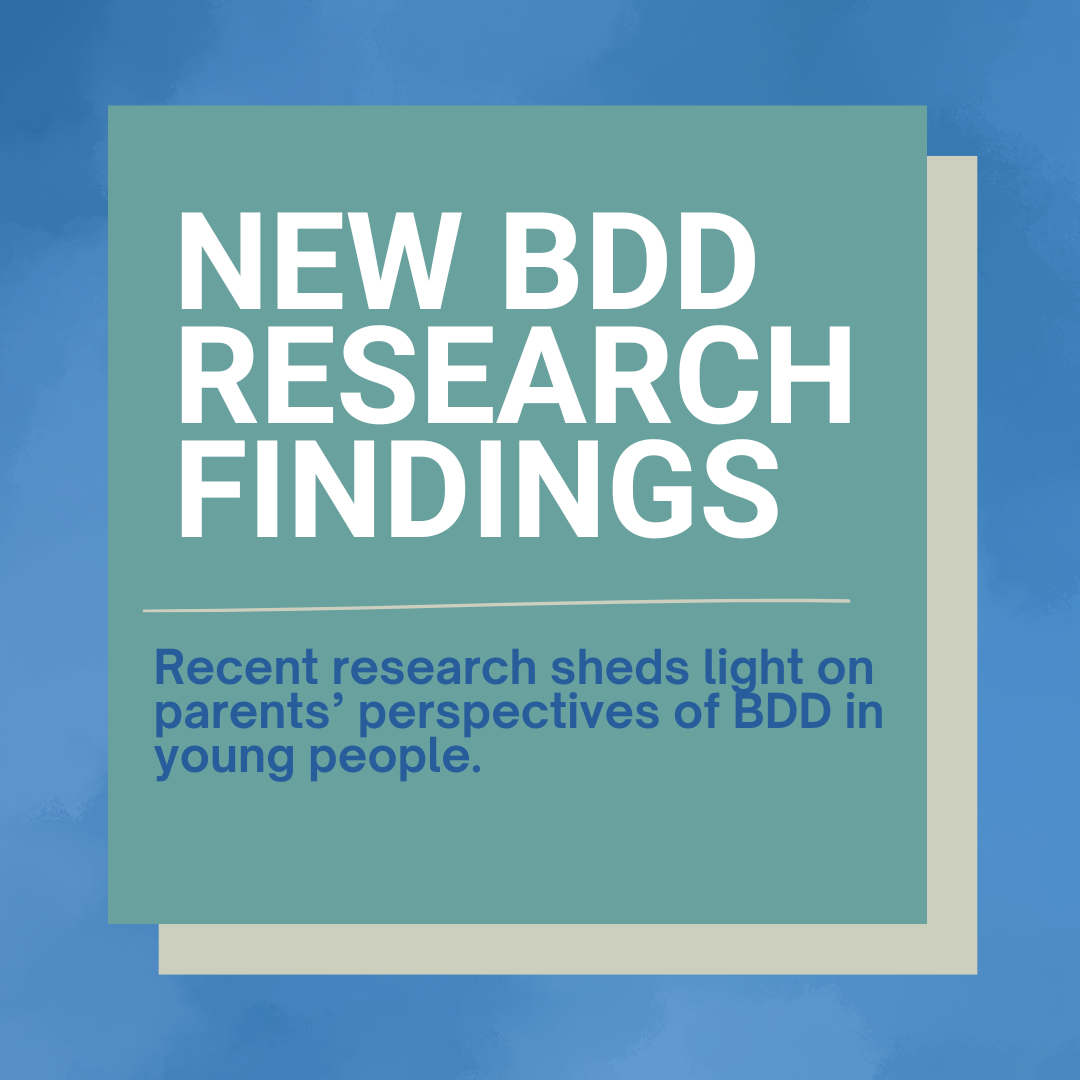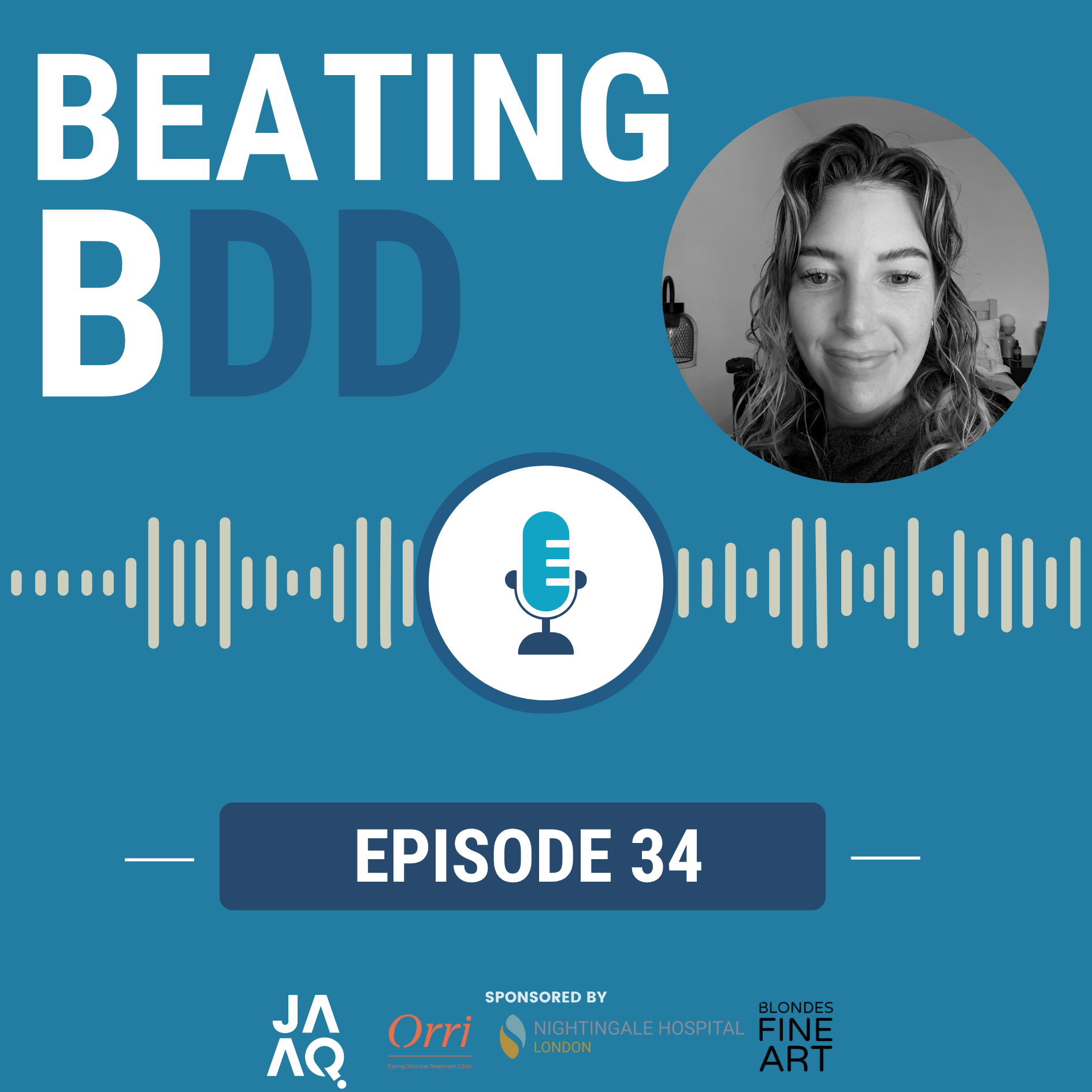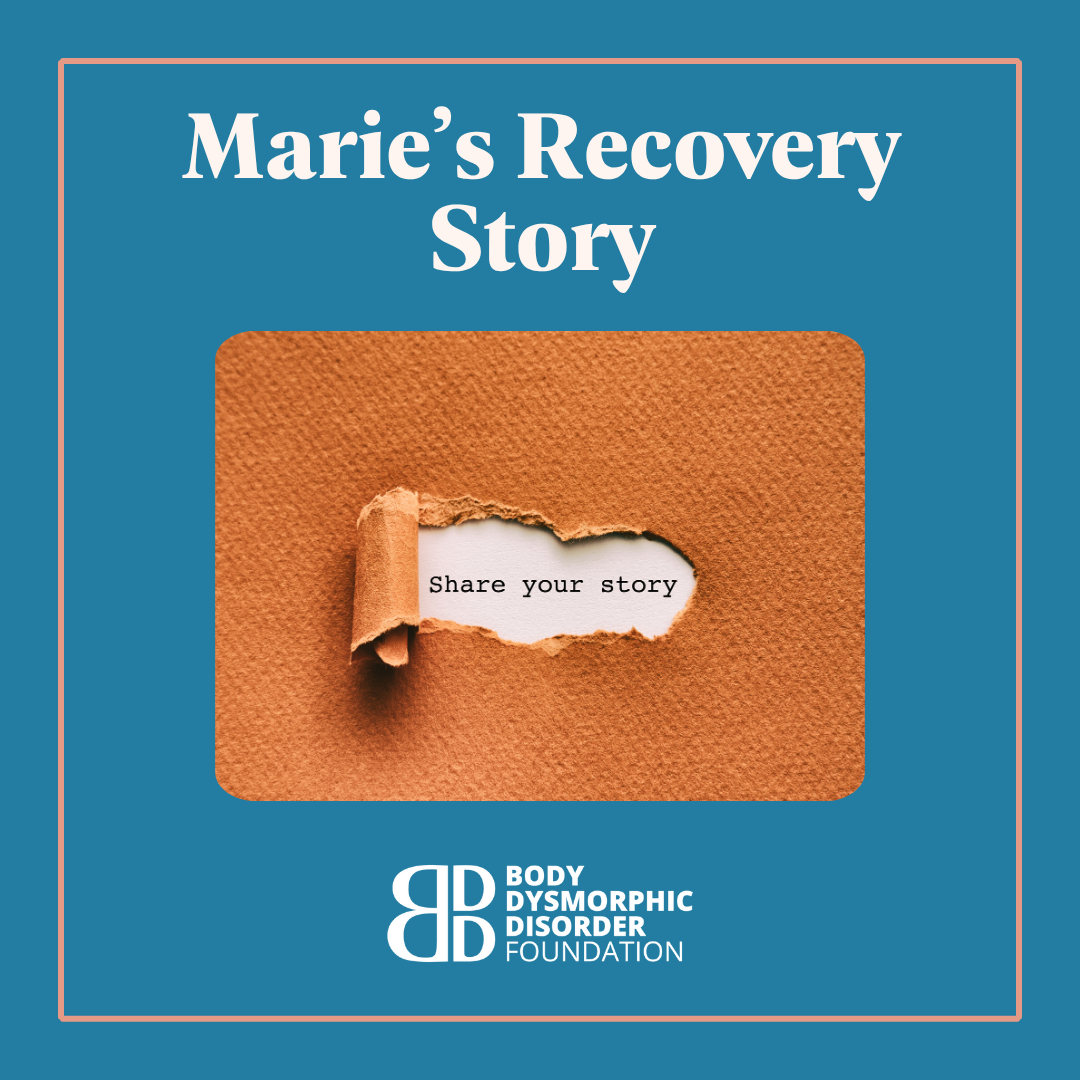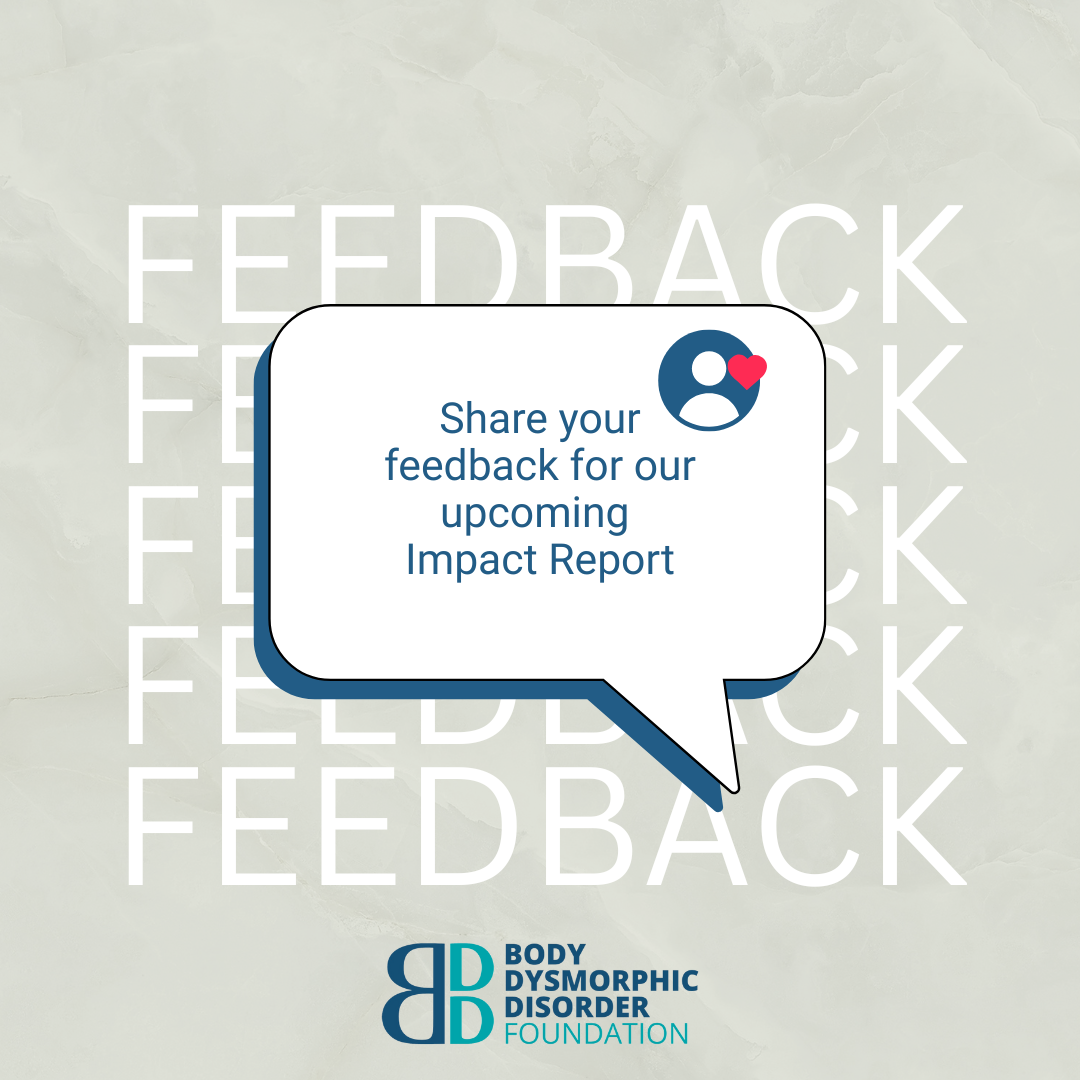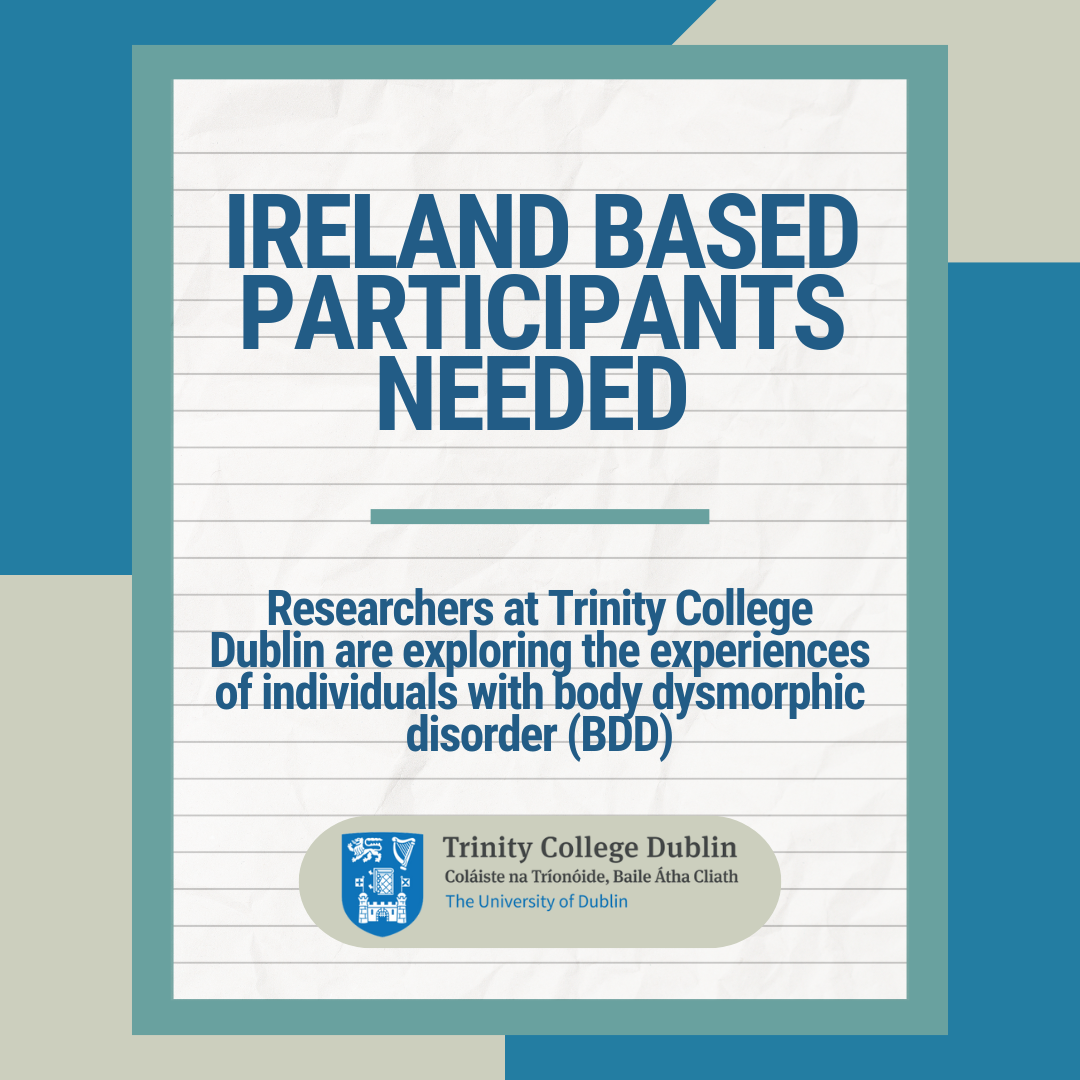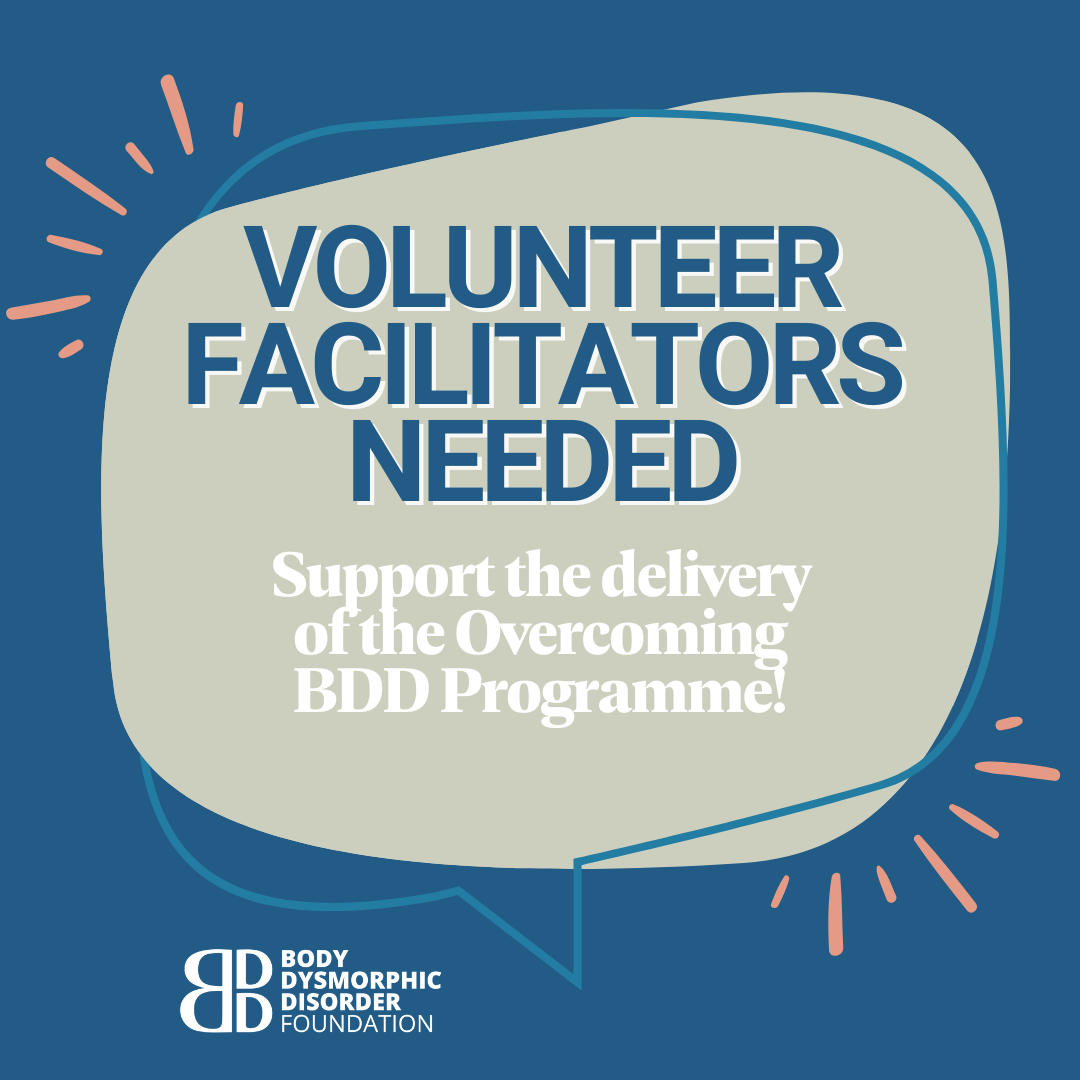I was diagnosed with BDD in my mid 20’s. I am now 48.
I can remember as far back as 5 years old, my grandparents had a full-length mirror in their hallway and I struggled to get past it, I was mesmerised! I also couldn’t tolerate the smell of smoke on my clothes or in my hair and would want to bathe after leaving their house.
Throughout my school years, I always knew I was different. I was academically clever, but I was painfully shy and self conscious, especially when having to do PE, in particular, messing up my hair or getting dirty and dishevelled. I wrote weekly sick notes in my Mum’s handwriting from a very early age!
By my teens, I was hogging the family bathroom and taking ages to get ready for school, even getting my (late) Father to drop me off, so that I didn’t look dishevelled when I got there. I frequently made him late for work because everything had to be immaculate, not a hair out of place (which came across as being difficult or vanity.) This couldn’t have been further from the truth – I was very very ill in plain sight.
The problem only grew as I went into the adult world of work. I was frequently getting signed off from jobs as I was taking longer to get ready than the shift itself and spending my breaks re-adjusting myself in the mirror before putting on that brave face and getting back out there.
I was very very ill and it was around this time I started having various surgeries thinking that was the answer. I now know otherwise.
In my mid 20s I was to be signed off for the very last time. I was finally diagnosed with Body Dysmorphic Disorder and it all made sense. I had been waiting for that day all my life!
I have spent 90% of the last 20 years or so since my diagnosis in my flat at home. I can only ever do day-to-day and my day goes by what I see in the mirror when I wake up, so I cannot plan in advance. I spend hours getting ready, and if I’m not happy with what I see, I will start again. It is draining and it is debilitating. I get anxiety leading up to any event, big or small, as any type of pressure makes sufferers of BDD very sick. I get run down frequently and spend my life trying to stay the right side of well. I keep myself to myself and keep people at arms length, as it is very difficult to maintain friendships/relationships due to my health being inconsistent, so I only keep a few very special people around me. I use sunglasses if I go out alone, as it is my shield to the world.
I use various tools daily, including maintaining a routine (which I feel is really important,) as well as exercise, daily brain training apps, and I try to do a 20 minute walk (as recommended by my health practitioner) but it is not always possible. I also have monthly Reiki sessions and am currently learning to practice Mindfulness. I like to learn and will research anything and everything – especially health-related. I have relapsed several times over the years and use these tools to get back the right side of well. My daughter is a protecting factor and is my biggest achievement in life.
I have done CBT and psychotherapy with some success. However, the illness has to be managed daily. (I am due to have more CBT soon but am currently in recovery from my (late) Father’s recent passing.)
I have written a journal since my mid-teens following my battle with this illness and would love to publish it one day, even if it helps just one person!
I attend regular support groups online. These support groups are invaluable and have enabled me to not only meet and share my experience of BDD with others like myself, but given me many useful tools for my toolbox along the way. Each and every person inspires me and I look forward to them. I aim to facilitate them one day.
I have 2 books I would like to read, ‘Overcoming’ (D.Veale, R.Wilson & A.Clarke) and ‘Feel the Fear and Do It Anyway.’ (Susan Jeffers.) However, I first need to overcome the hurdle of wearing reading glasses, which is sadly proving difficult – yet another example of how the illness impacts on my life.
The biggest issue I have with this illness is the fact that it is invisible, as it has left me open to relentless bullying in my adult life for not being able to work and live like everyone else does.
My main aim in life is to raise awareness of this illness as it is so very misunderstood, even by those closest to me. I have written 4 poems on the BDD website and drawn 2 pictures for Tilted East in collaboration with the BDD Foundation and I would like to do more. I regularly fill in research surveys on the website too. The world has a lot to learn about BDD.
The most helpful advice I have ever heard on an online conference is ‘if you are scared of an elevator, get into an elevator.’ This sums up this illness completely. It is based on fear.
I wish everyone with this illness all the best and feel that together we are stronger, so have to keep fighting to be helped and to be heard.
And to end with my favourite quote from Alice In Wonderland
‘BE BRAVE & ALWAYS GET BACK ON YOUR HORSE!’
Louise Chapman

